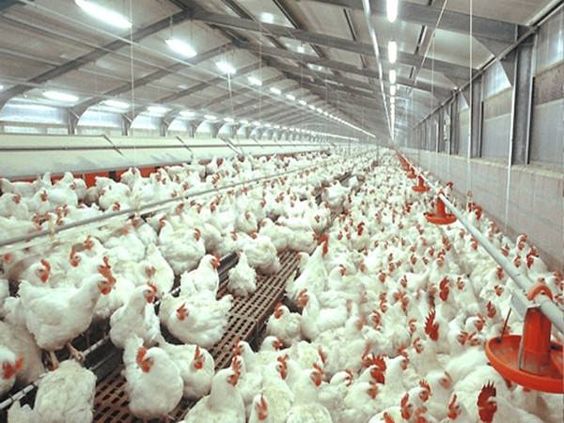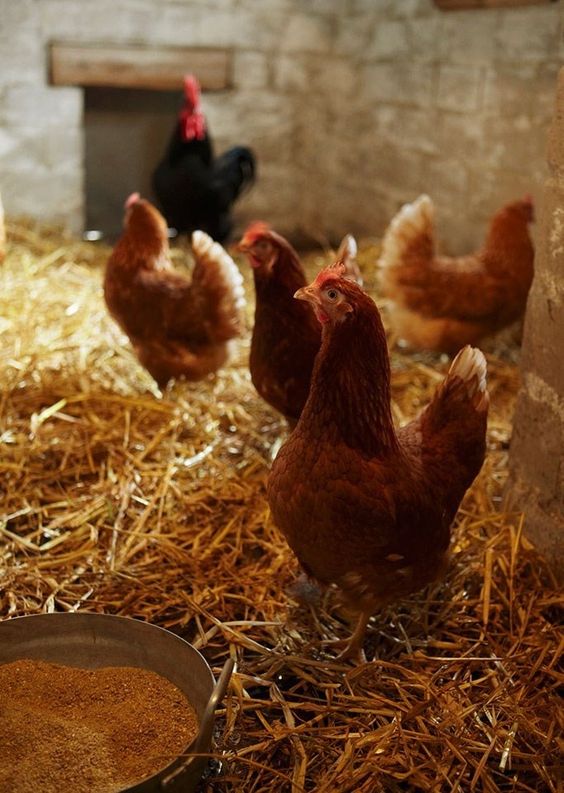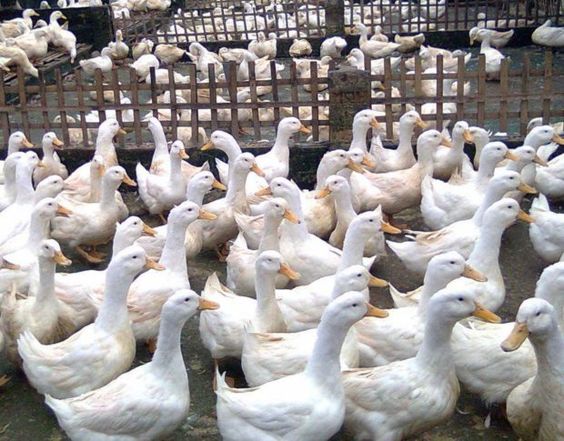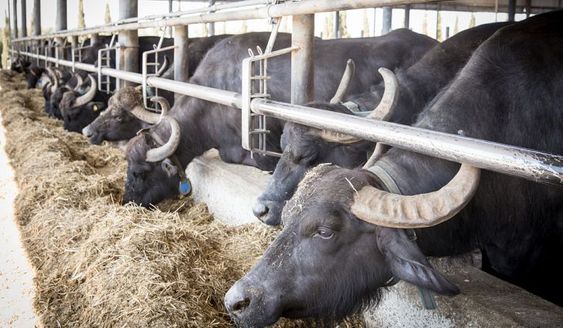Backyard Chicken Cultivation: A Comprehensive Guide to Raising Your Own Flock
Backyard Chicken Cultivation,The clucking symphony of happy hens in your backyard isn’t just a charming rural image – it’s a reality for a growing number of people. Backyard chicken cultivation, also known as urban chicken keeping, is gaining popularity for its fresh eggs, connection to nature, and surprisingly manageable requirements. This comprehensive guide delves into everything you need to know about raising your own flock, from understanding the benefits and objectives to practical tips on coop design, chicken breeds, and daily care.
Backyard Chicken Cultivation
Backyard chicken cultivation offers a multitude of benefits that extend far beyond a constant supply of delicious, homegrown eggs. Here are some of the key reasons why people choose to raise chickens:
- Fresh, High-Quality Eggs: Backyard chickens produce eggs that are superior in taste and nutritional value to commercially available eggs. They often have richer yolks and come in a variety of colors depending on the breed.
- Reduced Food Waste: Chickens are excellent composters, happily turning your kitchen scraps into nutrient-rich fertilizer for your garden. This reduces food waste and promotes a more sustainable lifestyle.
- Natural Pest Control: Backyard chickens love to scratch and peck, naturally controlling pests like ticks, grubs, and beetles in your yard. This can be particularly beneficial for organic gardeners.
- Educational Experience: Raising chickens can be a wonderful learning experience for children and adults alike. It teaches responsibility, the importance of animal care, and the life cycle of food production.
- Therapeutic Benefits: Studies have shown that interacting with chickens can reduce stress and anxiety, promoting feelings of calmness and well-being.
Objectives of Backyard Chicken Cultivation
Before embarking on your backyard chicken adventure, it’s important to set clear objectives. Here are some key questions to consider:
- Primary Purpose: Are you raising chickens primarily for eggs, meat, pest control, or simply companionship? Knowing your goal will help you choose the right breeds and determine the size and setup of your coop.
- Desired Egg Production: How many eggs do you hope to collect per week? Different breeds lay at varying rates, so research their laying capacity to ensure you meet your needs.
- Flock Size: Local ordinances may dictate the maximum number of chickens you can keep. Additionally, consider the available space in your yard and your ability to manage a larger flock.
- Time Commitment: Raising chickens requires daily care, including feeding, watering, and coop cleaning. Be realistic about how much time you can dedicate to your feathered friends.
Getting Started with Backyard Chicken Cultivation: Essential Concepts
Now that you understand the benefits and objectives, let’s explore the practicalities of getting started with backyard chicken cultivation. Here are some key areas to consider:
- Legalities: Research local ordinances and restrictions regarding backyard chickens in your area. Permits may be required, and there might be limitations on flock size, coop placement, and breed selection.
- Coop Design and Construction: The coop is your chickens’ home, so it’s crucial to provide a safe, secure, and comfortable environment. Research coop designs that suit your climate, flock size, and budget. Consider factors like ventilation, insulation, nesting boxes, roosts, and a secure run for outdoor exercise.
- Choosing Breeds: There are hundreds of chicken breeds, each with unique characteristics. Popular choices for backyard flocks include Rhode Island Reds (excellent egg layers), Plymouth Rocks (dual-purpose for eggs and meat), and Silkies (known for their docile temperament). Select breeds that align with your objectives and local climate.
- Acquiring Chicks or Hens: You can purchase chicks from a hatchery or breeder, or opt for young hens (pullets) that are ready to start laying eggs sooner. Consider the advantages and disadvantages of each option.
Daily Care and Management of Your Backyard Flock
Once your coop is set up and your chickens have arrived, it’s time to focus on daily care and management. Here’s what you need to know:
- Feeding: Chickens require a balanced diet that includes commercial feed, fresh greens, and kitchen scraps (in moderation). Research age-appropriate feeding guidelines and offer clean, fresh water at all times.
- Cleaning: Regularly clean the coop to prevent the buildup of manure and ammonia, which can be harmful to your chickens. Deep clean the coop and bedding more thoroughly on a weekly basis.
- Egg Collection: Fresh eggs are a daily reward of chicken keeping! Collect eggs daily to prevent them from getting dirty or broken. Store them properly for maximum freshness.
- Health Care: Basic health care for your chickens includes monitoring for signs of illness, providing a dust bath for parasite control, and maintaining a clean and hygienic environment.
Sustainable Practices in Backyard Chicken Cultivation
Backyard chicken cultivation can be a sustainable practice that benefits both your chickens and the environment. Here are some ways to integrate sustainability into your coop management:
- Composting: Chicken manure is a valuable fertilizer rich in nitrogen, phosphorus, and potassium. Properly compost their droppings and bedding to create a nutrient-rich amendment for your garden.
- Water Conservation: Utilize rainwater collection systems to provide your chickens with fresh water. Utilize automatic drinkers that minimize water waste compared to traditional waterers.
- Feed Choices: Opt for organic or locally-sourced chicken feed to reduce your environmental footprint and support sustainable farming practices.
- Upcycling and Repurposing: Get creative! Repurpose old materials like pallets or sheds to construct your coop or run. Use natural materials like fallen branches and leaves for scratching areas and enrichment.
The Joys and Challenges of Raising Backyard Chickens
Backyard chicken cultivation is a rewarding experience that brings you closer to nature and provides a constant source of fresh, delicious eggs. However, it’s not without its challenges. Be prepared for:
- Time Commitment: Daily care for your chickens, including feeding, watering, and coop cleaning, takes time and dedication.
- Unexpected Costs: Initial setup costs for the coop, run, and supplies can be significant. Be prepared for ongoing expenses for feed, bedding, and veterinary care.
- Dealing with Waste: Chicken manure can accumulate quickly and requires proper composting or disposal.
- Neighbor Relations: Not everyone appreciates the sound of crowing roosters or the potential for odors. Be mindful of your neighbors and consider coop placement and breed selection.
Backyard chicken cultivation offers a unique opportunity to raise your own food, connect with nature, and enjoy the company of these fascinating creatures. By carefully planning, providing proper care, and implementing sustainable practices, you can create a thriving backyard flock that contributes to a more self-sufficient and environmentally responsible lifestyle. Remember, raising chickens is a journey of learning and discovery. Embrace the challenges, celebrate the successes, and enjoy the fresh eggs and feathered friends that backyard chicken cultivation brings.






